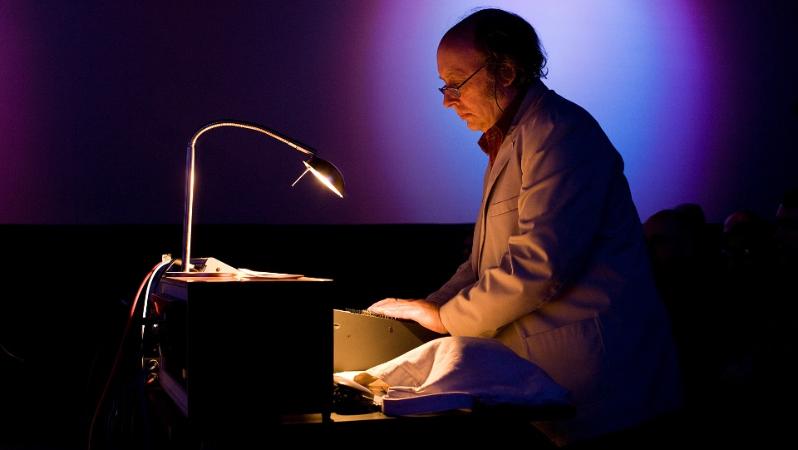- Date(s)
- October 12, 2023
- Location
- Sonic Lab, Sonic Arts Research Centre
- Time
- 13:10 - 14:00
This suite of pieces celebrates, in musical form, our scientific understanding of the world. The musical material of each movement is derived from scientific data or physical models of the world, but each is approached in a different way. The piece is the fruit of a research project at the University of Oxford, funded by the Leverhulme Trust.
“Supernova” uses the changing light spectra of Type 1a supernova explosions, converting these directly into sound. Supernova explosions are some of the most energetic events in the cosmos, often shining more brightly than entire galaxies and during these events heavier chemical elements in the periodic table are generated in the intense heat of the explosion. Without these processes, the chemistry of Life (as we know it) would not be possible. As the energy of the explosion dissipates, the light spectra of various emergent elements are used to generate the concluding part of the work.
Trevor is particularly indebted to Mark Sullivan of the Oxford University Department of Astrophysics for providing me with the supernova data on which this piece is based.
The opening and final sections of “Signatures of Chaos” use the logistic equation (a simplified mathematical model of population dynamics) to generate melodies which map the emergence of chaos in natural systems. The central section follows the evolving motion of a rotating fluid as it passes from smooth laminar flow through Taylor-Couette flow and other banded perturbation states and eventually becomes entirely turbulent.
Trevor would like to acknowledge the advice and assistance of the Physics and Engineering Departments at the University of Durham during the creation of this movement.
Kepler 63c is one of a recently discovered class of earth-like planets. If we were to make landfall on such a planet we know that the laws of physics would be the same and, if we could survive there without extensive technological support, the properties of the atmosphere would have to be similar to those on Earth. So music that we can hear and appreciate might well exist on this distant world - but we have no way to predict details of the technical culture or the aesthetic world in which it would have emerged.
“Dithyramb - Kepler 63c” attempts to conjure up such an alien music using imaginary, yet physically possible, brass and percussion instruments and imaginative extensions of these. The instruments were created using physical modelling software developed by the NESS research project at the University of Edinburgh, funded by the European Research Council.

